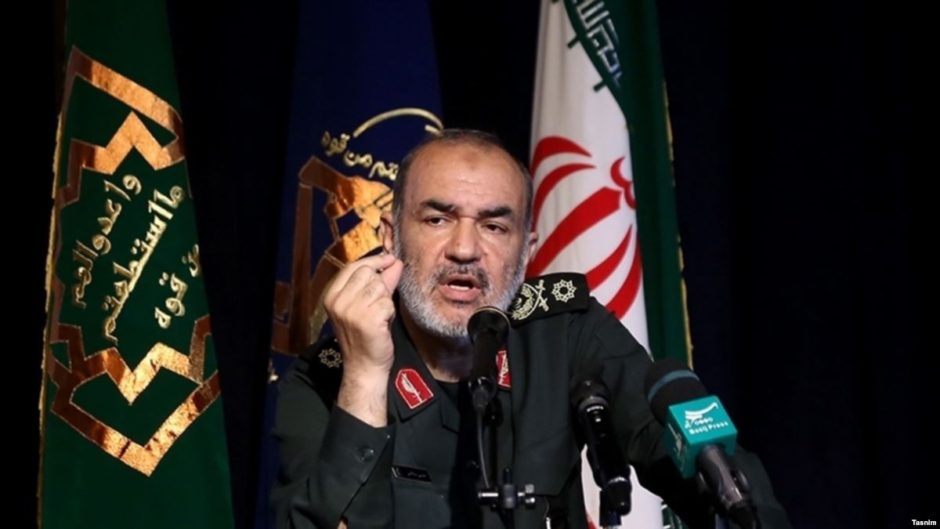On the eve of U.S. President Donald Trump’s summit with Russian President Vladimir Putin in Helsinki on July 16, pressure is building on Iran to withdraw its contingent of advisors and troops from Syria.
Israel and the United States have demanded Iran’s pullout, as have Sunni Arab nations ranging from Saudi Arabia to Egypt. Even Russia, Syria’s chief ally and Iran’s regional partner, has called for the removal of all foreign forces from Syria, which has been embroiled in a civil war for the past seven years.
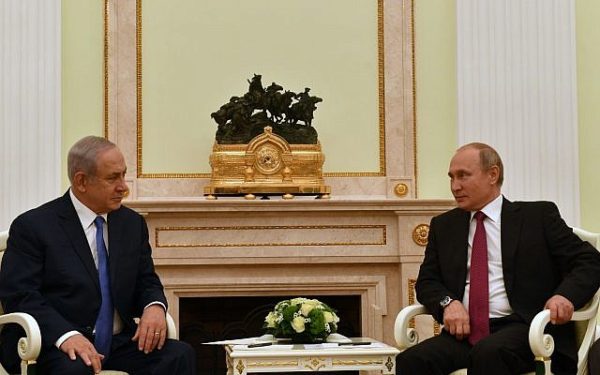
Visiting Moscow on July 11 at Putin’s invitation, Israeli Prime Minister Benjamin Netanyahu reiterated his position that Iran and its Shi’a allies should leave Syria. Netanyahu also said the Syrian government must abide by a 1974 agreement that created a demilitarized zone along their border.
Prior to his meeting with Putin, Netanyahu disclosed he would emphasize two fundamental principles of Israeli policy: “First, we will not tolerate the establishment of a military presence by Iran and its proxies anywhere in Syria — not close to the border and not far away from it. Second, we will demand that Syria, and the Syrian military, strictly uphold the 1974 Separation of Forces Agreement.”
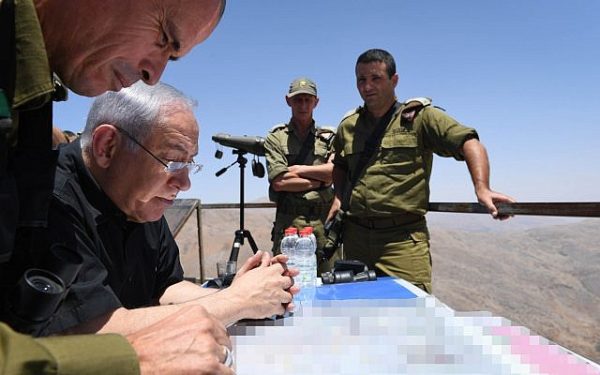
To no one’s surprise, Iran has rejected Israel’s demand. “No one can force Iran to do anything,” Iranian Foreign Ministry spokesman, Bahram Qasemi, told reporters recently. “As long as terrorism exists and the Syrian government wants, Iran will have a presence (in Syria).”
It’s already clear that Iran’s efforts to entrench itself militarily in Syria are guided by one overarching purpose — the destruction of Israel.
At least Iran is not trying to sugarcoat its malevolent intentions toward Israel.
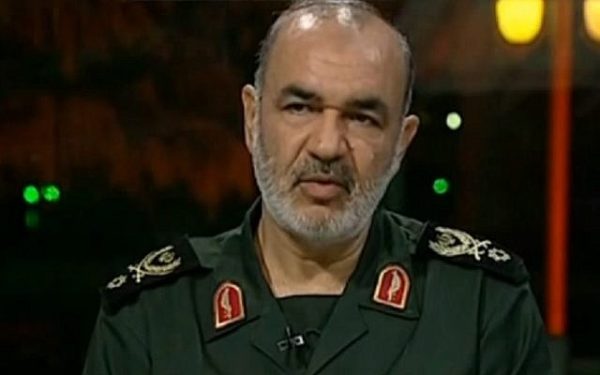
One might have expected Iran to keep a low profile amid calls for its withdrawal from Syria. This is not the case. Judging by a recent speech delivered by Hossein Salami, the deputy commander of Iran’s Revolutionary Guards, Iran is intent on destroying Israel.
As Salami put it last month during al-Quds Day in Tehran, “Today an international Islamic army has been formed in Syria, and the voices of the Muslims are heard near the Golan,” he said in a reference to its own soldiers, Hezbollah and an assortment of Shi’a militias. “Orders are awaited so that … the eradication of the evil (Israeli) regime will (occur) and the life of this evil regime will be ended for good. The life of the Zionist regime was never in danger as it is now.”
Salami said that its Lebanese surrogate, Hezbollah, has acquired 100,000 missiles and all, he noted, are aimed at Israel.
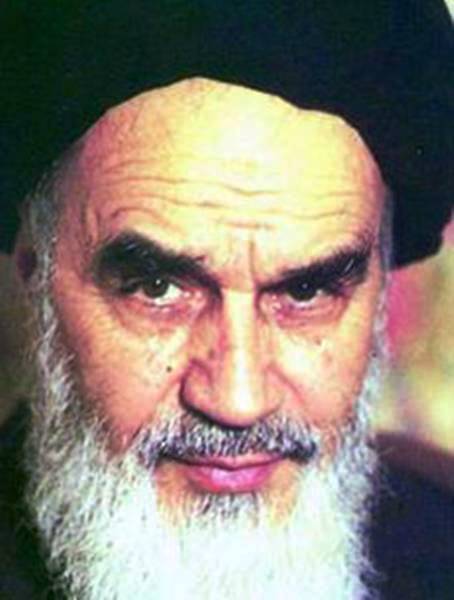
In keeping with his rigid ideological convictions, Salami praised Ayatollah Ruhollah Khomeini, the first spiritual leader of Iran’s 1979 Islamic revolution, for making the annihilation of Israel a primary objective of the Iranian government. Since then, he claimed, Israel has been “fearful, delusional and worried.”
Turning to the air strikes Israel has launched against Iranian bases in Syria since last February, Salami said that Israel was surprised by Iran’s aggressive reaction. “The response came in the Golan,” he said, referring to Iran’s decision in May to fire 32 missiles at the Israeli side of the Golan Heights. In addition to its missile barrage, he claimed, Iran issued a strong warning to Israel: “If you respond, we will flatten the heart of Tel Aviv into dust. They were silent, and did nothing further.”
In fact, Israel reportedly bombed the T-4 base in Syria yet again on July 8. With the permission of Syrian President Bashar al-Assad, Iran has established itself in that base. Typically, Israel did not take credit for its latest air strike, allowing the Iranians to draw their own conclusions.
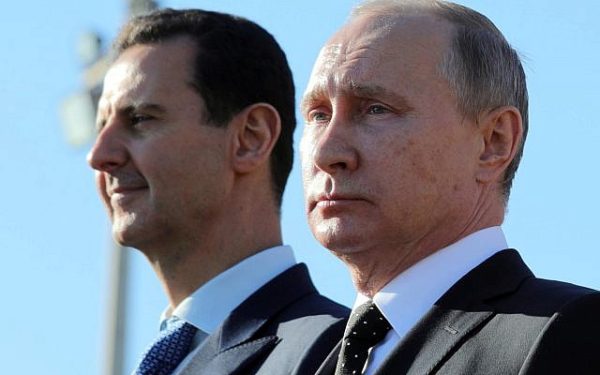
The incendiary nature of Salami’s speech was further underscored by his assertion that Israel is to blame for the ills that afflict the contemporary Middle East. “All the problems of the Islamic world stem from the existence of the false, counterfeit, historically rootless and identity-less regime named Israel,” he declared in bombastic fashion.
Salami’s claim that Israel is solely responsible for the problems of the region is beyond absurd, a figment of his imagination. And his description of Israel as “historically rootless and identity-less” is a telling commentary on his crass cynicism, monumental ignorance, or both.
This is obviously a man who appeals to the lowest common denominator and who regards the historical record with dripping contempt.
Salami’s poisonous speech may well come back to haunt him. Certainly, Israel and its friends will use it to good effect to reinforce their insistence that Iranian forces must be ejected from Syria sooner rather than later.
If this pivotal issue remains unresolved, the Middle East may be in store for a very costly regional war.
